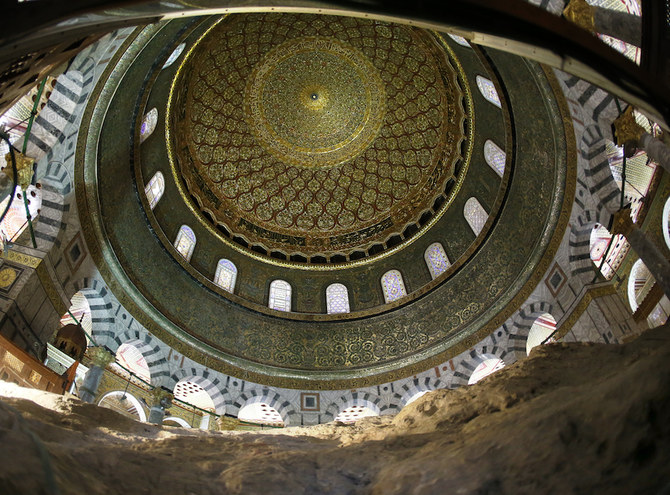FWP:
A resonant closing-verse for a ghazal with a wide range and several superb verses in it. The wordplay of opening and closing creates a satisfying smack of finality and closure: the first line ends with 'closed', the second with 'opened'. Then, to describe the heavens as the 'doorless' dome is a perfect finishing touch.
But the first line, being inshāʾiyah, in fact leaves us with a question. Indeed, why would Ghalib's tasks, or projects, or desires, remain 'closed' and unfulfilled? Yet the form of the question clearly implies that they might. The response (from God?) to the question might be not a reassurance, but a reason why he could not attain what he wished.
As Faruqi has often pointed out to me, whatever may have been Ghalib's
personal religious beliefs, in his poetry he often shows 'mischievousness'
toward God, but is never other than respectful toward the Prophet and his
family, especially Hazrat Ali (see for example {98,1}).
The 'doorless dome' of the sky opened for the Prophet during the
Mi'raj, his nighttime ascent to Paradise.

Nazm:
That is, in the night of the Mi'raj [when the Prophet went up to paradise]. (15)
== Nazm page 15